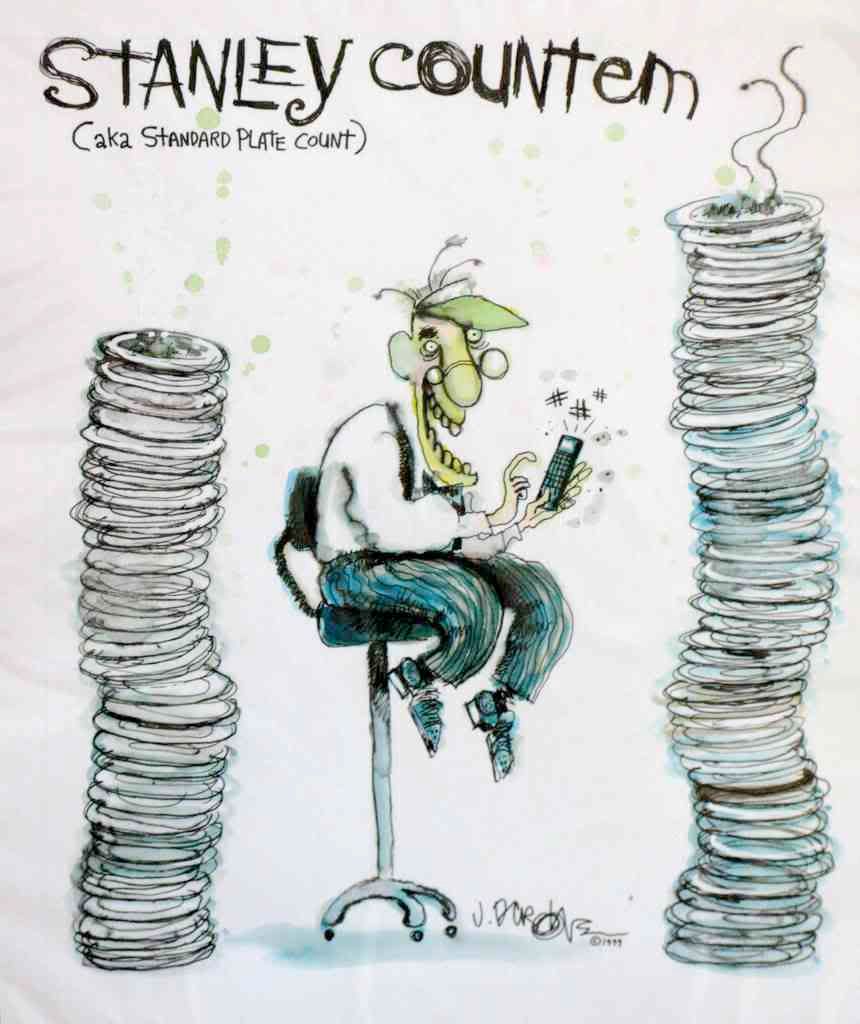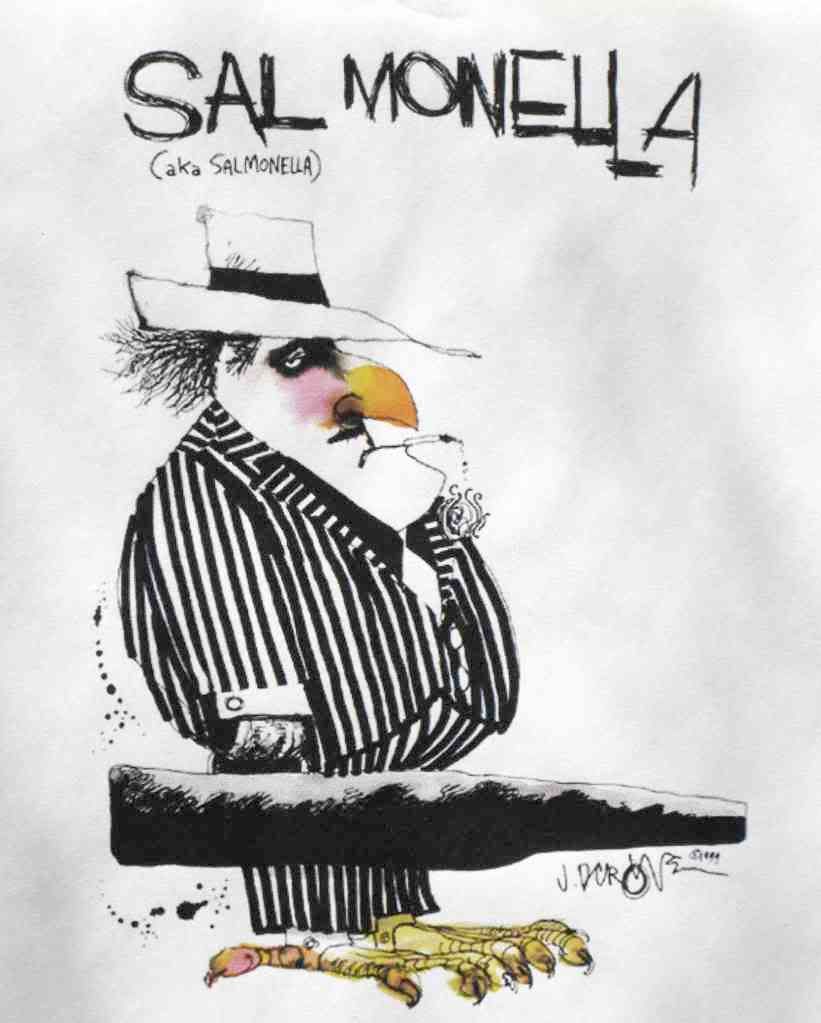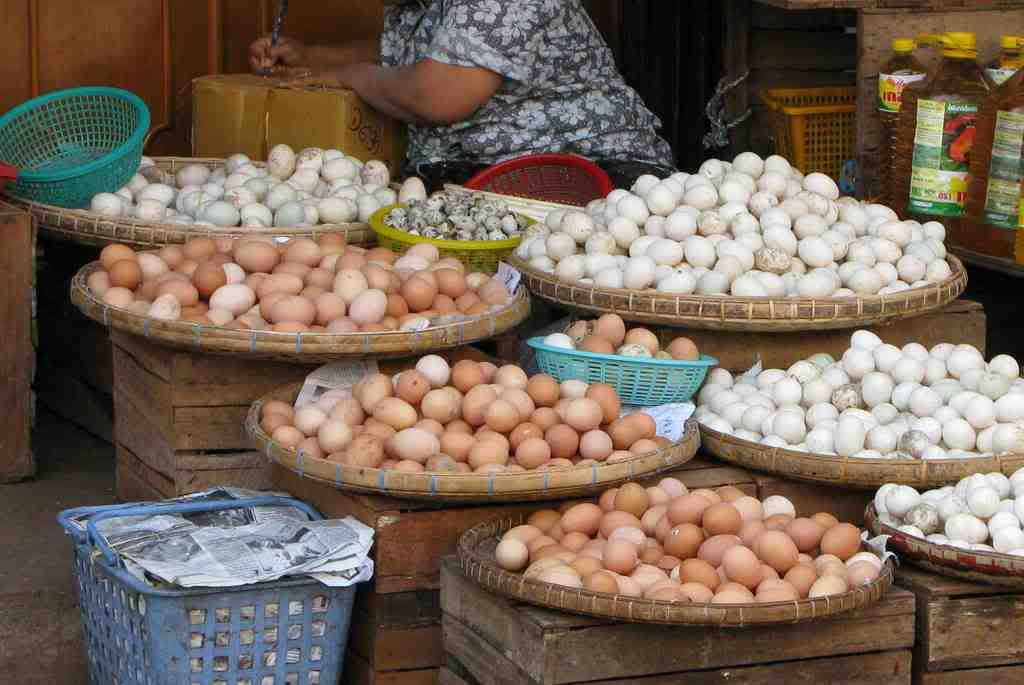 Here is today's list of food safety recalls, product withdrawals and allergy alerts. The live links will take you directly to the official recall notices and company news releases that contain detailed information for each recall and alert.
Here is today's list of food safety recalls, product withdrawals and allergy alerts. The live links will take you directly to the official recall notices and company news releases that contain detailed information for each recall and alert.Pistachio Product Recalls (Salmonella contamination)
- Setton Pistachio of Terra Bella, Inc. recalls shelled and unshelled pistachios that may be contaminated with Salmonella
- FDA warns consumers to avoid pistachios and pistachio-containing products due to possible contamination with Salmonella
- Kraft Foods recalls Planters and Back to Nature products containing pistachio nuts due to possible Salmonella contamination
Peanut Butter Outbreak Recalls
- The Produce Patch
- Wright Popcorn and Nut Company Inc.
- Union International Food Company
- Canadian Food Inspection Agency updates list of recalled peanut products sold in Canada
United States
- FSIS releases retail distribution list for Ball Park brand Beef Franks recalled by Sara Lee North American Retail
- Union International Food Company expands recall of Salmonella-contaminated spices (see retail distribution list and restaurant distribution list released by California)
Europe, Including the United Kingdom
- Allergy Alert (UK): Premier Foods recalls a single batch of Bisto Favourite Gravy Granules due to the presence of undeclared allergens
Some supermarket chains post recall notices on their web sites for the convenience of customers. To see whether a recalled food was carried by your favorite supermarket, follow the live link to the supermarket's recall web site.
- A&P
- Big Y® World Class Market®
- BJ's Wholesale Club, Inc.
- Bloom
- Brookshire's
- Costco Wholesale Corporation (US stores)
- Costco Wholesale Canada Ltd.
- EDEKA (Germany)
- Food City
- Food Lion
- Hannaford Brothers Co.
- Harris Teeter
- Harvey's Supermarket
- The Kroger Company*
- Price Chopper
- Roundy's Supermarkets, Inc.
- Sainsbury's
- ShopRite
- Target
- Tops Friendly Markets
- Wal-Mart Stores, Inc.
- Wegmans
- Whole Foods Market
- Winn-Dixie Stores, Inc.
*The Kroger umbrella encompasses numerous supermarket, marketplace and convenience store chains, listed on the Kroger corporate home page.
If you would like to receive automatic email alerts for all new articles posted on eFoodAlert, please submit your request using the link on our sidebar.






